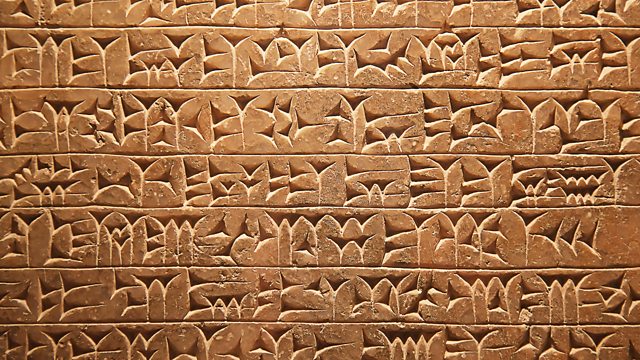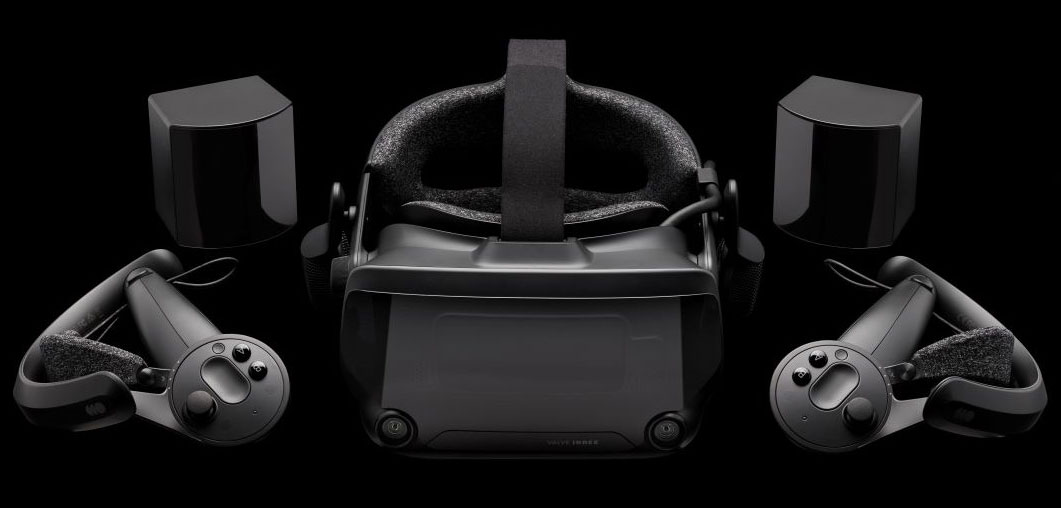AI is being used to translate 5,000 year-old cuneiform tablets
Bringing dead languages back to life.

With the rise of ChatGPT and the like, AI has entered the mainstream public consciousness. As well as various philosophical concerns or potential economic effects, talk about AI inevitably brings up the topic of the end of civilization.
It may be more relevant to civilization's beginning, however. AI is broadly software that's able to learn, reason, and infer meaning, and that makes it a wonderful tool for translating ancient or dead languages.
A team of archaeologists and computer scientists have created an AI program with exactly that purpose in mind. Specifically, this AI is being used to translate tablets with Akkadian texts using cuneiform script, some of which date back to 2,500 BCE. It's like a super Google Translate.
Akkadian was a language spoken in parts of Mesopotamia, an area now belonging to modern Iraq. According to the authors of the paper published at PNAS Nexus (via Heritage Daily) , there are hundreds of thousands of these clay tablets, but because there's only a limited number of available experts in Akkadian texts, most of them remain untranslated. Mesopotamian languages aren't my strong suit, that's for sure.

Best VR headset: which kit should you choose?
Best graphics card: you need serious GPU power for VR
Best gaming laptop: don't get tied to your desktop in VR
The researchers claim the AI is able to achieve 97% accuracy at translating the Akkadian cuneiform script to Latin, which is a much easier task than translating to English, with its more complicated sentence structures.
The AI performed well when tasked with translating formally written text, such as royal decrees or those written by scholars. It does tend to struggle with literary texts, producing what are called "hallucinations", which are results that bear little, if any resemblance to the actual text.
I'd like to see how AIs of the future go at reading some of the rubbish you see on social media today. They'd probably struggle with my PC Gamer articles. Am I rite?
The biggest gaming news, reviews and hardware deals
Keep up to date with the most important stories and the best deals, as picked by the PC Gamer team.
It's hoped that AI will be able to translate other lost languages. With the ability to learn and adapt to the complexities of written text, more knowledge of the ancient world will eventually become available to us.
There's a long way to go though. Even understanding English is a difficult task for AIs. Ordering a Wendy's burger sounds simple enough, but if you've got Cola by Lana Del Ray playing on your radio, you might not get the Sprite you wanted.
Who knows? Maybe one day AI could be used to translate animal speak, like whatever my cat is trying to say. Then again, my cat only really says two things: feed me, or feed me now. I don't need an AI to tell me that.

Chris' gaming experiences go back to the mid-nineties when he conned his parents into buying an 'educational PC' that was conveniently overpowered to play Doom and Tie Fighter. He developed a love of extreme overclocking that destroyed his savings despite the cheaper hardware on offer via his job at a PC store. To afford more LN2 he began moonlighting as a reviewer for VR-Zone before jumping the fence to work for MSI Australia. Since then, he's gone back to journalism, enthusiastically reviewing the latest and greatest components for PC & Tech Authority, PC Powerplay and currently Australian Personal Computer magazine and PC Gamer. Chris still puts far too many hours into Borderlands 3, always striving to become a more efficient killer.

